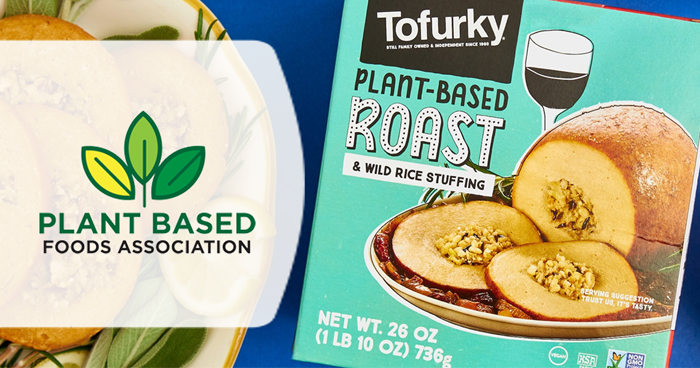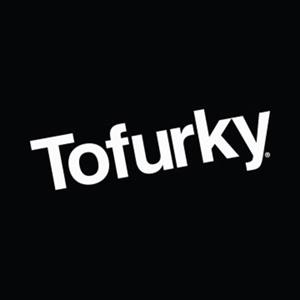Tofurky, PBFA File New Complaint Against Oklahoma Plant-Based Labeling Law

Plant-based meat brand Tofurky has joined efforts with the Plant Based Food Association (PBFA) to take on an Oklahoma meat alternative labeling law that went into effect last year.
Last week, Tofurky became the latest producer to challenge the law, after Upton’s Naturals and the PBFA failed in their initial challenge, which framed the law as a First Amendment violation.
The Animal Legal Defense Fund (ALDF) filed the complaint in the U.S. District Court for the Western District of Oklahoma on November 9 on behalf of Turtle Island Foods SPC, maker of Tofurky, and the PBFA. The team’s strategy has changed this time around, as the plaintiffs are now challenging the law under the “dormant” Commerce Clause — which prohibits states from passing legislation that discriminates against or burdens interstate commerce — along with the Due Process Clause and the Supremacy Clause of the Constitution.
The Oklahoma Meat Consumer Protection Act requires plant-based meat companies to include disclaimers for meat terms used as descriptors on their packaging in the same size and prominence as the product name itself in order to avoid alleged “consumer confusion.” The law passed last year following support from the Oklahoma Cattlemen’s Association and the Oklahoma Pork Council and went into effect on November 1, 2020 but has yet to be enforced, the ALDF said.
The initial attempt to change the law by the PBFA and Upton’s Naturals was dismissed last year by U.S. District Judge Stephen P. Friot, who ruled that the law regulated the disclosure of “potentially misleading” information, and therefore did not violate brands’ freedom of speech.
In contrast, the ALDF argues in the new complaint that the law “imposes additional burdensome, impractical, and unclear disclosure requirements on plant-based meat producers that go beyond federal law.” ALDF senior staff attorney Allison Howell told NOSH that the law’s requirements were “unintelligible,” making it difficult for brands to determine how to comply, and are also in conflict with other federal labeling requirements, like those established by Food, Drug and Cosmetic Act.
“Because these are entirely new causes of action, the court will engage in a new analysis, and we believe it will determine that the state’s cited interest in protecting consumers is nothing but pretext and the state cannot pass unconstitutionally vague laws that contradict the federal Food, Drug and Cosmetic Act and unnecessarily burden interstate commerce,” she said.
In a statement, Tofurky president and CEO Jaime Athos noted that plant-based consumers are “well-informed and thoughtful” and said claims that they are being deceived by plant-based brands’ labels are unfounded. Furthermore, Tofurky is contending that the differences in individual states’ laws are aimed at impeding nationwide sales of plant-based products by causing brands to have to redesign their labels and marketing materials.
“This Oklahoma law is ultimately not about protecting consumers. It’s about limiting their choices in a nakedly protectionist attempt to shore up animal agriculture industries,” he said. “Tofurky is here to challenge this disingenuous legislation not just on behalf of our industry, but ultimately to protect our consumers’ right to make choices that are healthier for their bodies and more congruent with their values.”
Howell said adding Tofurky to the complaint creates consistency across many active plant-based labeling lawsuits in Missouri, Arkansas, and Louisiana in which Tofurky is also a plaintiff. In April, Tofurky and the Good Food Institute lost an appeal to block a Missouri law that would make it a crime for plant-based meat companies to represent their products as containing real meat. In October 2020, the brand filed a lawsuit against a similar law in Louisiana, and challenged a “truth in labeling” law in Arkansas in 2019.
“Having Tofurky as a plaintiff presents us with…the opportunity to clearly illustrate how various state laws have not only created conflicting and impossible standards, but also how the same exact labels used by one company can be met with such different requirements and interpretations by the state officials tasked with defending these laws,” she said.
















